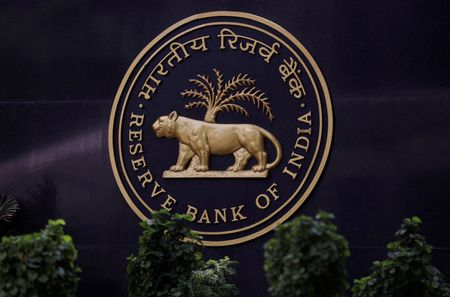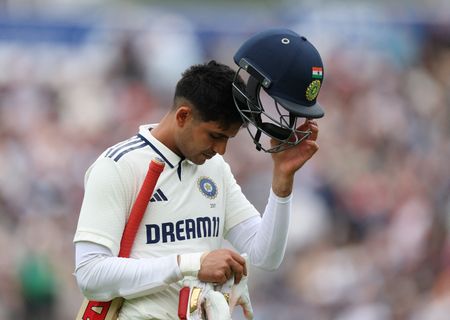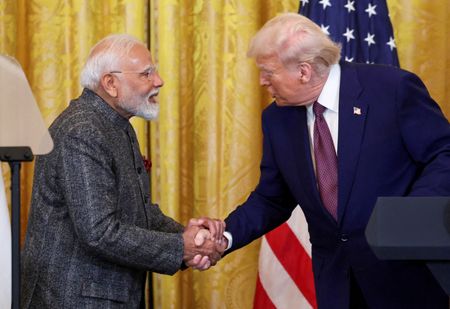By Siddhi Nayak and Khushi Malhotra
MUMBAI (Reuters) – The Reserve Bank of India is working on a plan to allow depositors of troubled New India Co-operative Bank to make special withdrawals for personal and medical emergencies, two sources familiar with the matter said on Thursday.
The RBI, along with the lender’s administrator, will require depositors to prove the emergency, one of the sources said.
It will allow them to withdraw funds up to a deposit insurance limit of 500,000 rupees ($5,761.43), both the sources added. They did not want to be identified as they’re not authorised to speak to media.
Under current rules, deposits of up to 500,000 rupees are insured in case a bank fails, and should be paid within 90 days.
The RBI did not immediately respond an email seeking comment.
New India Co-op has been grappling with losses for the last two fiscals. It posted a loss of 227.8 million rupees for the 2024 financial year and a 307.5 million-rupee loss in fiscal 2023, per its annual report.
The bank had outstanding deposits of 24.36 billion rupees as of March 31, 2024, and advances of 11.75 billion rupees.
Last week, the RBI barred the lender from issuing new loans, suspended deposit withdrawals for six months and appointed an administrator, citing supervisory concerns and the lender’s present liquidity position.
There is no clarity whether the bank will revive operations after six months, both sources said.
In the past, the RBI acted against some co-operative banks where decisions by the management went against the interest of depositors.
Punjab and Maharashtra Co-operative Bank was placed under restrictions in 2019 after the RBI found financial irregularities. The lender merged with Unity Small Finance Bank in 2022.
The deposit insurance coverage in India increased to 5,00,000 rupees in 2020, while another hike is being considered, an official said this week.
Over the weekend, New India Co-op’s depositors met in Mumbai to consider legal options.
Uttam Agami, a 66-year-old retiree, has 1.1 million rupees in deposits with the lender and said the interest goes towards paying medical bills and daily expenses.
“I am extremely concerned about my expenses for medical bills, since I have gotten my leg amputated due to diabetes two years ago,” Agami said.
More than 90% of the bank’s depositors are fully covered under the deposit insurance, but the absolute number of depositors that are not insured is still large, one of the sources said.
($1 = 86.7840 Indian rupees)
(Reporting by Siddhi Nayak and Khushi Malhotra; Editing by Sonia Cheema)










